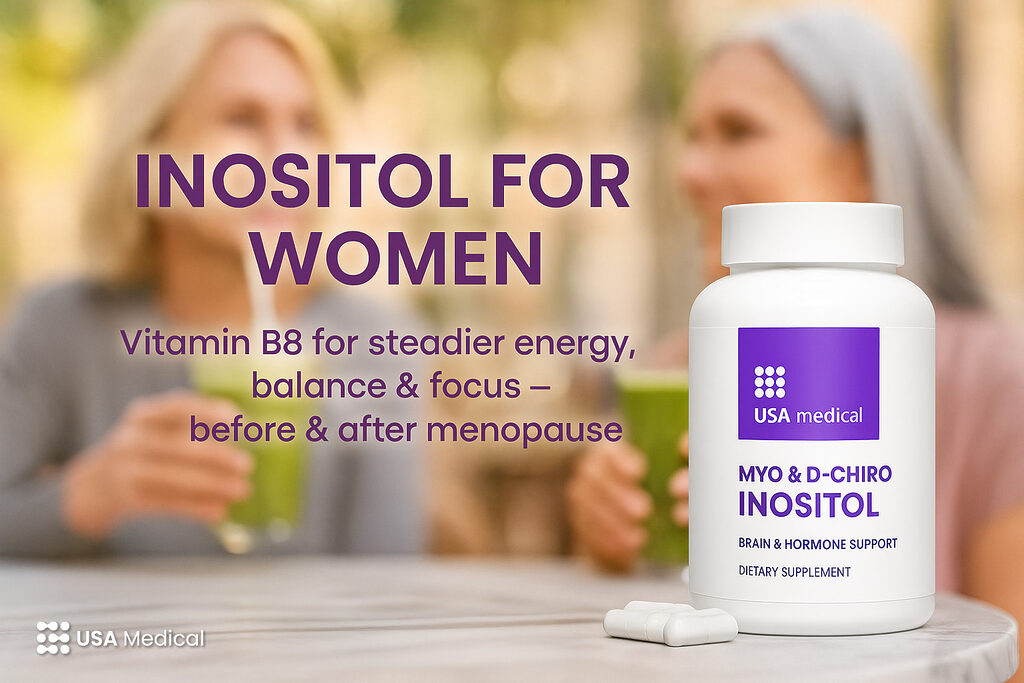
Inositol for Women: How Vitamin B8 Supports Women’s Health Before & After Menopause
If you want steadier energy, more regular rhythms, and a
By Jake Crossman (CNC-NASM), Nutrition Specialist; Holistic Health Coach; Managing Partner, USA Medical
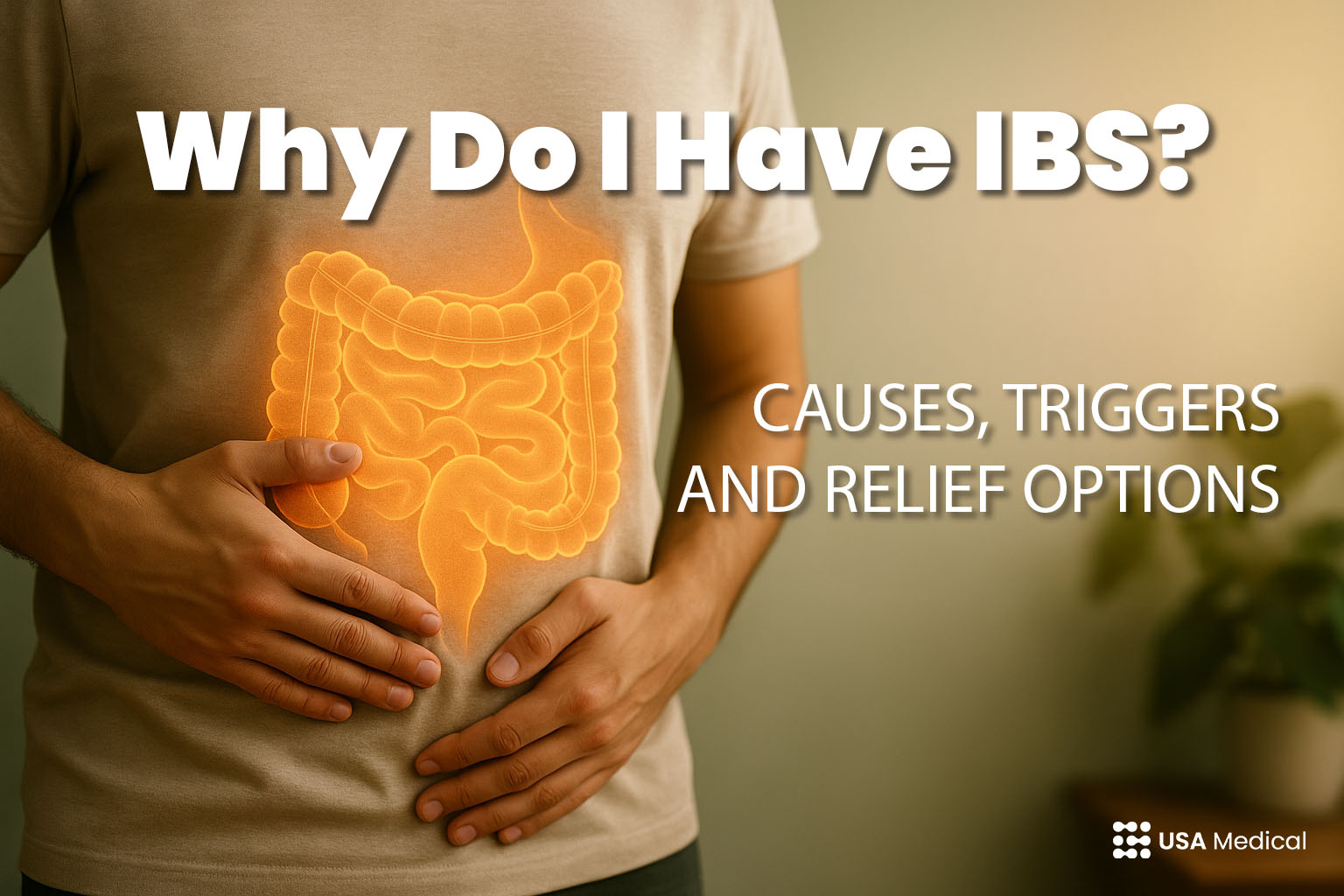
If you are asking why your gut will not calm down, this article is your guide.
In one read you will learn how doctors separate IBS vs IBD, what causes IBD and what drives IBS causes, the most common day to day triggers, what tests actually matter, the food patterns that help many people, and a simple seven day roadmap you can start today.
We finish by introducing a relief stack many readers try alongside their medical care: CBG oil in the morning and magnesium glycinate before bed. For a deeper dive on that stack, see the Day 1 guide at usamedical.com/en.
When people search IBS vs IBD, they are trying to tell two real conditions apart.
IBD means inflammatory bowel disease. The lining of the intestine is inflamed. That shows on scopes and lab tests. The two main types are ulcerative colitis and Crohn’s disease. Red flags include bleeding, fever, unexplained weight loss, nighttime symptoms, and severe anemia. Those point away from routine IBS and toward IBD symptoms that require medical care.
IBS means irritable bowel syndrome. The tissues look normal on scope. The problem lives in the gut brain axis, motility, and sensitivity. Pain, bloating, urgency, constipation, and alternating bowels are classic IBS symptoms. IBS is miserable, but it is not the same as IBD.
Hold this rule: if you see blood, treat it like IBD symptoms until proven otherwise. That sends you to the right pathway of care faster.
There is no single switch behind what causes IBD. The answer sits where four forces overlap.
Together these explain IBD causes and risk factors. You cannot change genes, but you can act on diet quality, smoking, medication exposures, stress, and sleep.
Grouping everything under IBD hides useful detail. Splitting Crohn’s disease causes and ulcerative colitis causes helps you understand patterns and talk with your GI team.
Crohn’s disease causes highlight deeper, patchy inflammation that can affect any part of the GI tract. Smoking is a clear accelerator. Malabsorption, fistulae, and strictures are more common. Nutrition often needs focused attention because inflammation and surgery can reduce absorption.
Ulcerative colitis causes point to continuous inflammation in the colon and rectum. Bleeding is prominent, urgency can be severe, and anemia is common. Surgery can cure colitis by removing the diseased colon, which is not the case for Crohn’s disease. Triggers overlap, but anatomy and long term choices differ.
Most people searching IBS causes want to know why pain feels so out of proportion. The answer starts with sensitivity and signaling.
People often confuse what causes IBD with IBD triggers. Causes set risk over years. Triggers are the sparks you can manage this week.
IBS runs on sensitivity and speed, so triggers look different.
You cannot diagnose at home, but understanding the workup makes conversations easier when you search IBS vs IBD.
Nutrition does not cure IBD, but it changes the terrain for both IBS and IBD.
This week we are exploring what can make daily life feel normal again while your clinician treats the disease.
Use these as adjuncts, not replacements. For mechanisms and timing, read:
This plan is simple on purpose. It addresses IBD triggers, IBS triggers, sleep, and the relief stack.
Day 1 – Start a symptom diary. Track pain, stool form, urgency, meals, stress, and sleep. Take CBG in the morning. Take magnesium glycinate before bed.
Day 2 – Audit triggers. Reduce ultra processed food. Cap caffeine after noon. Replace NSAIDs when possible with clinician approved options.
Day 3 – Protein and produce. Build meals around lean protein, cooked vegetables you tolerate, and gentle starches. Hydrate across the day.
Day 4 – Sleep upgrade. Consistent bedtime, dark cool room, no screens for 60 minutes before bed. Keep magnesium at bedtime.
Day 5 – Walk after meals. Ten to fifteen minutes lowers post meal discomfort and supports motility.
Day 6 – Review your log. Identify your top two IBD triggers or IBS triggers. Make one change that sticks.
Day 7 – Reassess. If you feel better, keep the pattern. If you have red flags or persistent signs of gut inflammation, contact your GI for a formal IBD treatment plan.
What causes IBD is a network of genes, immune tone, microbes, and environment. IBS causes live in sensitivity, signaling, and speed. The smartest path forward is not perfection, it is a consistent plan that reduces IBD triggers and IBS triggers, protects sleep, improves diet quality, and adds relief tools that fit your day.
Start with the seven-day roadmap. Keep your medical team in the loop. Use CBG in the morning and magnesium glycinate before bed as pragmatic supports while your GI builds a durable IBD treatment or IBS treatment plan.
IBD Causes And Risk Factors include genetics, immune dysregulation, microbiome shifts, and environment. Your plan focuses on the parts you can control, like diet quality, stress, sleep, and smoking cessation.
IBS Treatment targets the drivers behind IBS symptoms, including visceral hypersensitivity, motility changes, post infectious effects, and the gut brain axis.
IBD Treatment pathways become clear after an IBS vs IBD workup using history, fecal calprotectin, inflammatory markers, and endoscopy to confirm diagnosis.
How To Calm An IBD Flare starts with eliminating IBD triggers like smoking, frequent NSAIDs, ultra processed foods, infections, stress spikes, and poor sleep hygiene.
How To Calm IBS uses predictable meals, short post meal walks, caffeine discipline, sleep protection, and targeted supplements. Track what changes symptoms within ninety minutes.
Relief in 30 minutes or less is a common report from readers who use morning CBG and bedtime magnesium as adjuncts while their GI manages disease control.
Disclaimer: This article is for education only and is not medical advice. The FDA does not approve CBG Oil and Magnesium Glycinate to diagnose, treat, or cure IBD, IBS, or Crohn’s disease. Always work with your licensed healthcare provider for diagnosis, treatment, and supplement use.

My name is Jake. I'm a certified health coach, accredited nutritionist, and I want to make health easier for everyone.
We have the 'most advanced healthcare' in history, yet millions are still sick and on more medication than ever. My goal is to make holistic health more achievable for everybody.
I read all comments, so please let me know what you think!
These statements have not been evaluated by the FDA. USA Medical products are not intended to diagnose, treat, cure, or prevent any disease. Please consult with a healthcare professional before use.

If you want steadier energy, more regular rhythms, and a
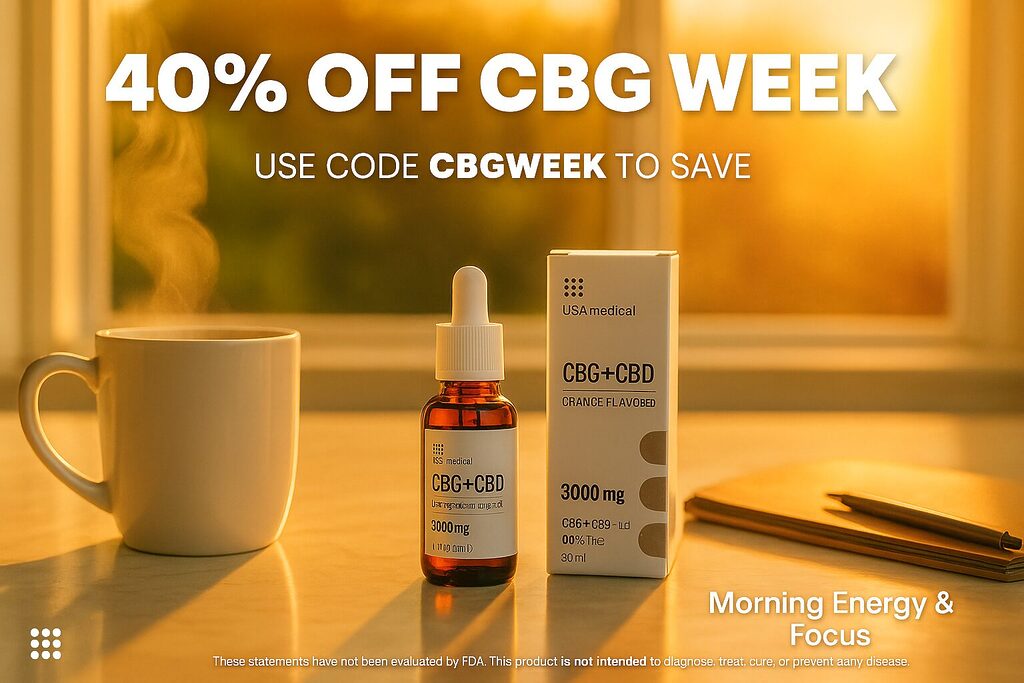
Save 50% on USA Medical CBG this week. Use code
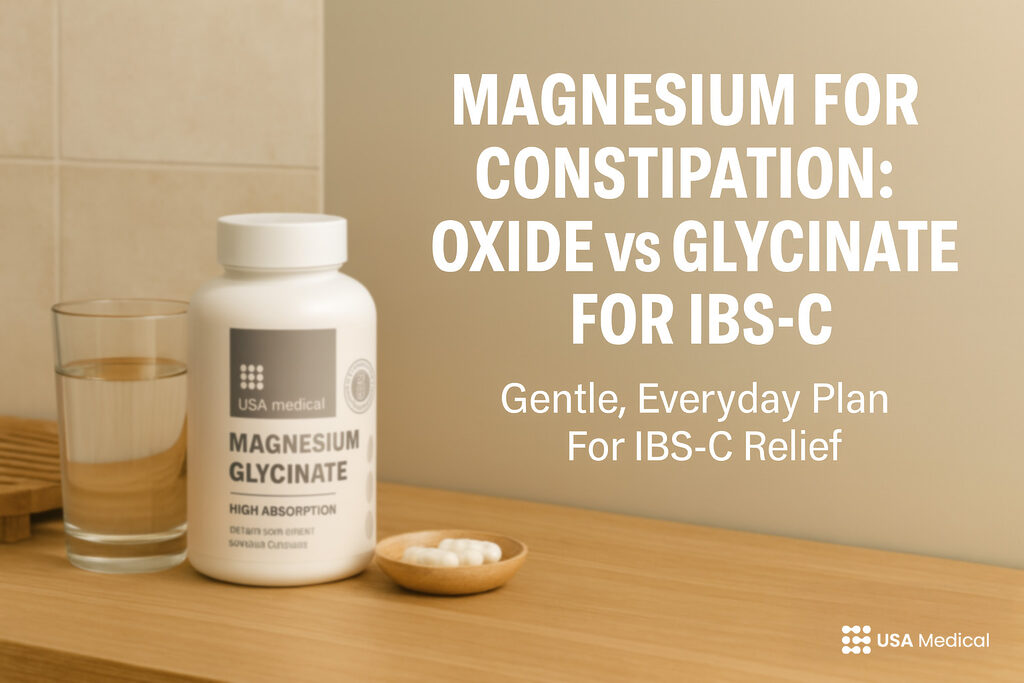
If your goal is comfortable, consistent relief, not a rollercoaster,
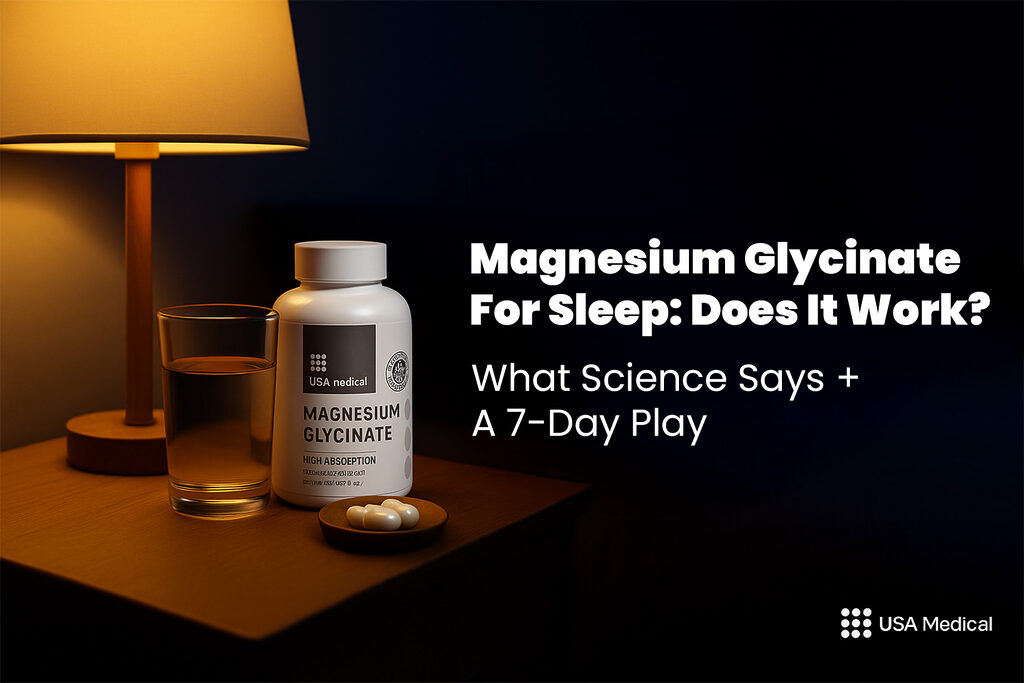
If you’re wondering whether magnesium glycinate for sleep is worth
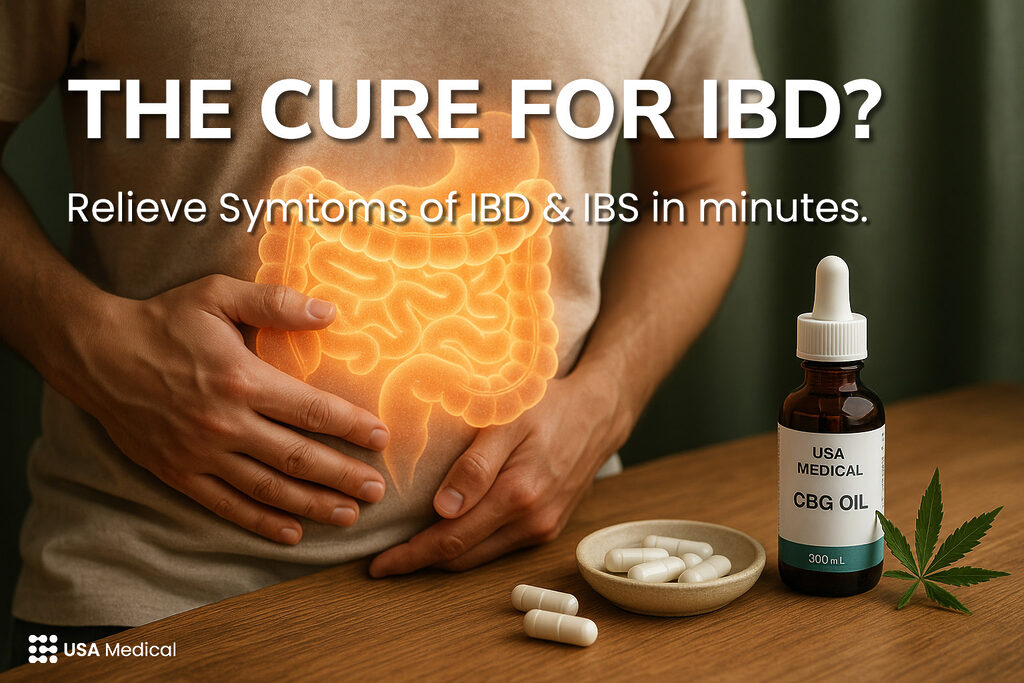
What we mean by IBD, IBS, and Crohn’s IBD is
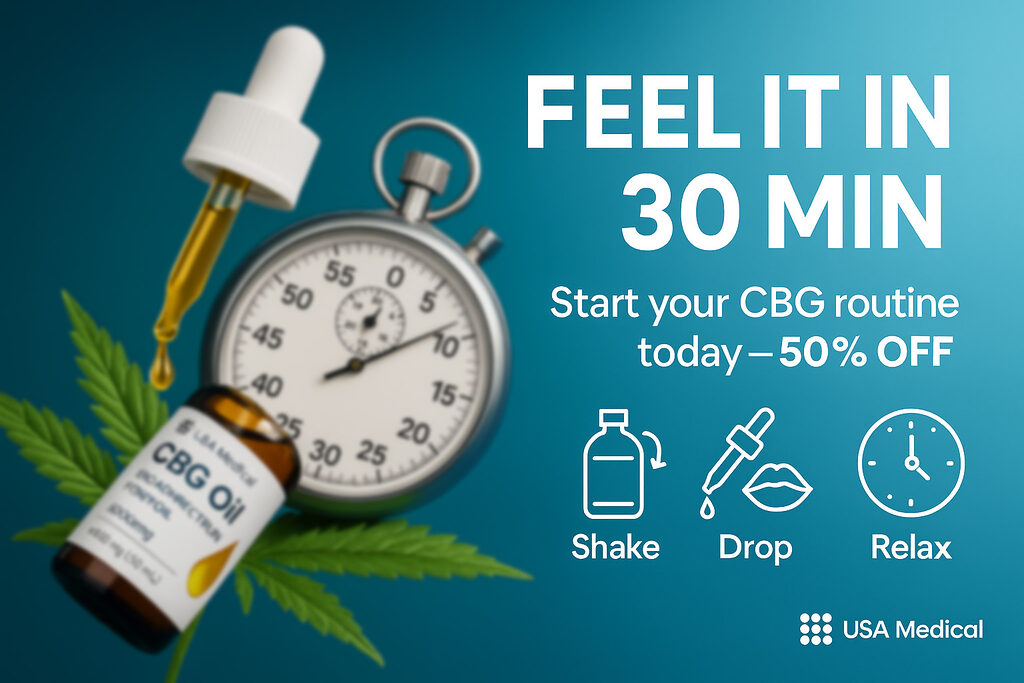
USA Medical CBG Oil works quickly and keeps working for
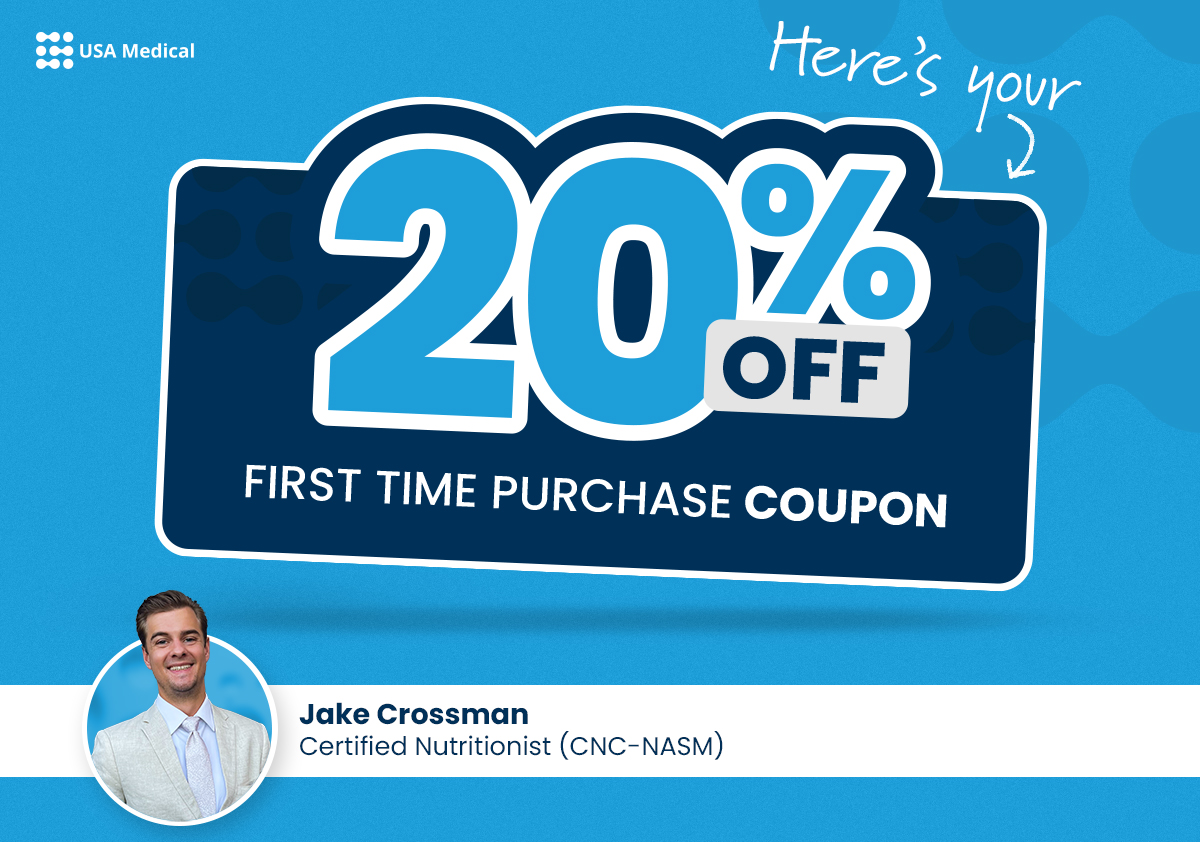
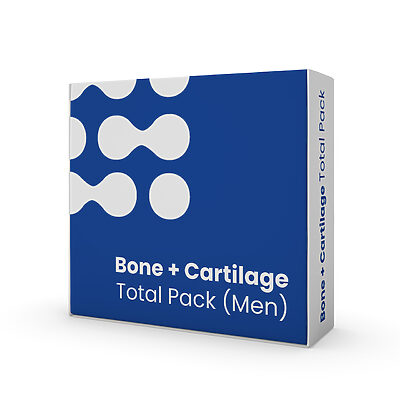
In stock | Free shipping
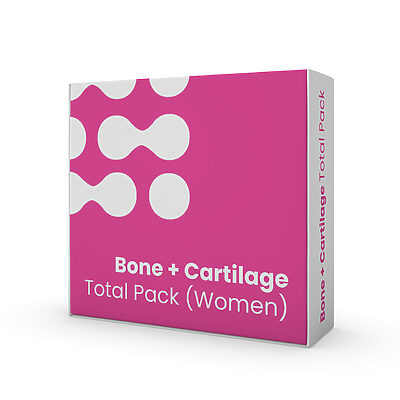
In stock | Free shipping
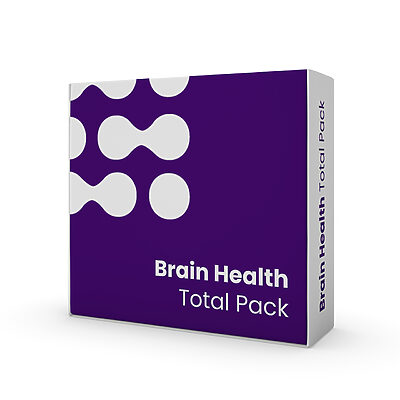
In stock | Free shipping
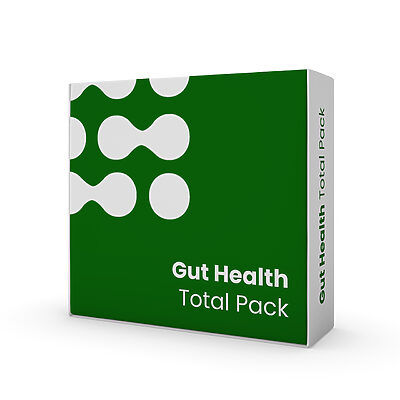
In stock | Free shipping
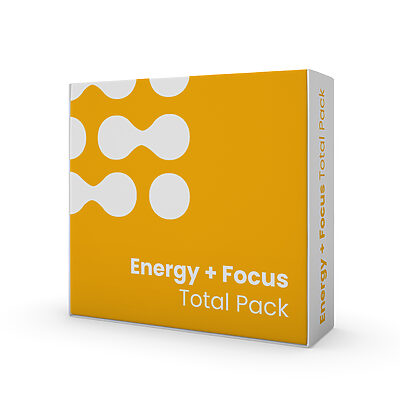
In stock | Free shipping
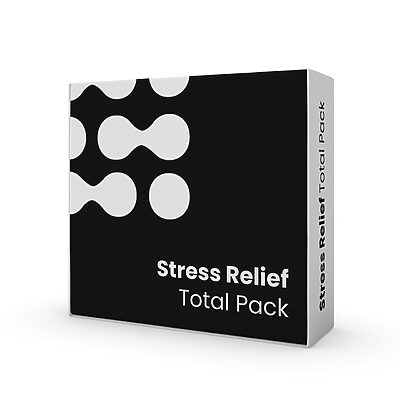
In stock | Free shipping
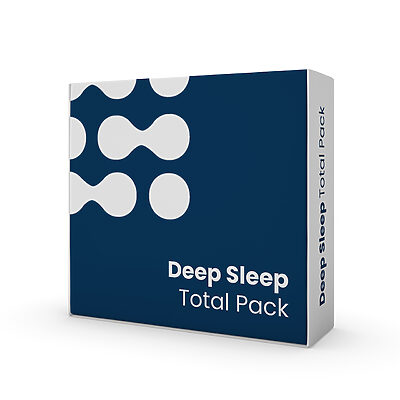
In stock | Free shipping
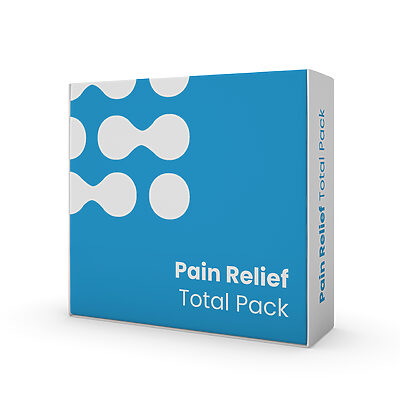
In stock | Free shipping